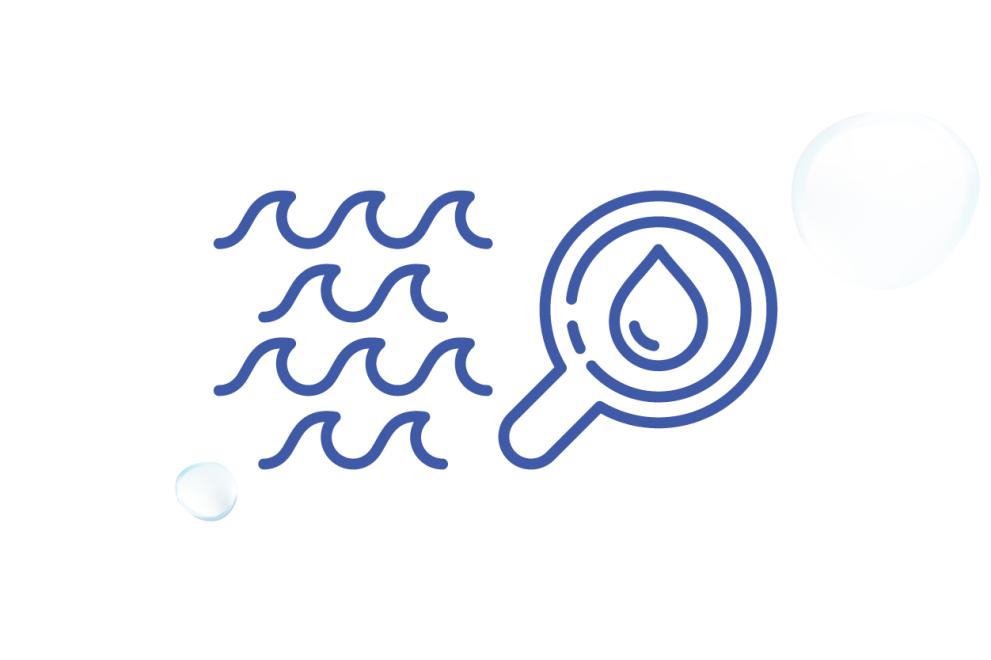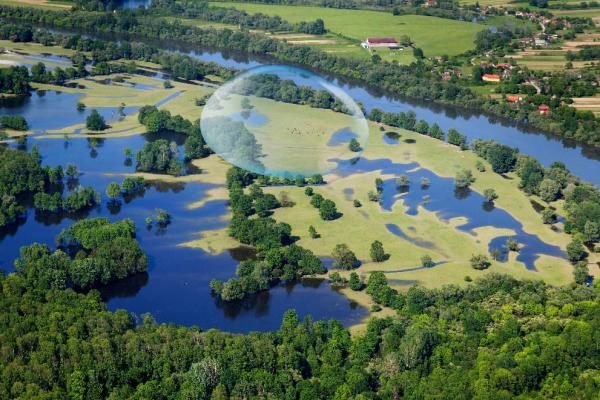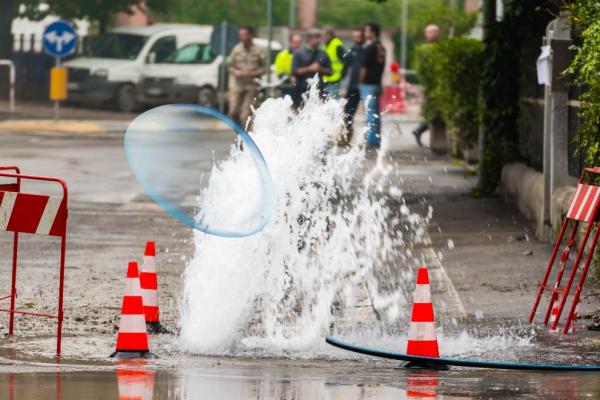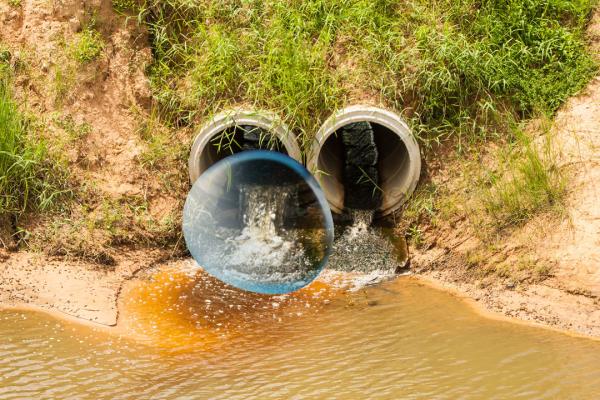 42%
42%less water contributed to rivers from melted snow this year
 Over 40%
Over 40%of public water supply lost due to leaks in the system
 11%
11%of wastewater is not treated in line with EU legislation
The issues affecting Italy’s waters
Italy experienced 3192 extreme weather events in 2022 – including excessive rainfall and heatwaves – which is a stark increase from previous years.
For example, in May 2023, the Emilia Romagna region suffered severe rainfall, causing the Po River to rise by 1.5 metres in 24 hours and smaller rivers to overflow their banks. This meant that the region was unable to absorb additional water without spilling it onto floodplains. As a result, when a storm hit days later, Italy faced widespread flash and river flooding, as well as hundreds of landslides across the Emilia Romagna region, and parts of Marche and Tuscany.
These developments highlight the need to take steps to boost the country’s resilience to be able to combat future droughts and floods. These are likely to become more frequent and intense due to climate change.
Italy also consumes a high amount of water, 25% above the EU average. As a result, water conservation is a growing concern, particularly in agriculture.
Failing infrastructure and leaky pipes are also an issue. Around a quarter of the country’s networks are over 50 years old and the ageing system leads to disproportionately high amounts of drinking water being lost.

Solutions to the water issues in Italy exist
Italy was the leading beneficiary of European Investment Bank (EIB) Group financing in 2023, with 89 operations totalling €12.22 billion aiding in the climate and energy transition.
Eight months after floods ravaged the Emilia-Romagna region, €1.2 billion euro in aid from the EU Commission was given for the area's reconstruction.
Resilient agriculture projects are underway to tackle the impact of extreme weather events, including widespread adoption of LIFE projects.
Explore water projects in Italy bringing fresh solutions

Exploring more drought-and flood- resilient crops in response to temperature rises and water scarcity.

Fixing the leaks in the water system will take time – and this project in the Municipality of Salerno is leading the charge.

Funding from the European Investment Bank (EIB) to improve the efficiency of wastewater collection and treatment systems across Italy.








